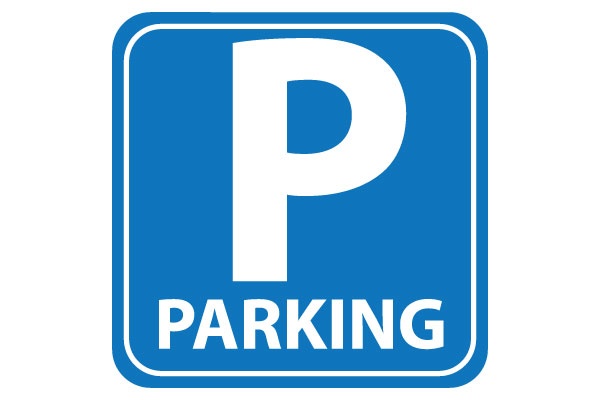The City of Inverness Area Committee has confirmed that more than fifty seven thousand pounds generated through the Council’s Invitation to Pay parking scheme will be reinvested directly into communities across the area next year.
The funds were raised during the 2024 to 2025 financial year and will be available to support projects chosen by local councillors in 2025 to 2026.
Under Council policy half of the net income from the Invitation to Pay scheme is returned to the Area Committee responsible for the car parks where the charges were collected.
The approach is designed to make sure money raised locally is spent locally, with improvements directed towards the communities who use and rely on those facilities.
Drumnadrochit Village Car Park contributed the largest share of this year’s total with more than twenty eight thousand pounds returned to the committee.
Torvean Car Park generated just over nine thousand pounds and Foyers Village Car Park delivered close to ten thousand pounds.
Invermoriston Village Car Park contributed more than five and a half thousand pounds and Inverness Sports Centre Car Park added just over four thousand pounds.
Whin Park showed a marginal loss of twenty six pounds which will be absorbed across the wider budget.
Councillors will now identify improvements and small scale projects within these areas to ensure the money is spent close to where it was raised.
City Leader Ian Brown said the figures show the scheme is working as intended and returning value to local communities.
He said the money gives councillors the chance to support practical improvements that matter to residents and visitors.
“This funding demonstrates how the Invitation to Pay scheme is delivering real benefits for our communities,” he said.
“By reinvesting income locally, we can support projects that make a difference to residents and visitors alike.”
The Invitation to Pay model allows motorists to contribute voluntarily rather than through fixed charges, a system designed to balance income generation with flexibility for car park users.
The Council has argued that the approach provides a fairer method of raising funds in rural and visitor heavy areas where car parks are used by a mix of local people, workers and tourists.
The reinvestment policy has been in place since the scheme was introduced and remains a key part of the Council’s wider effort to keep local services sustainable at a time of ongoing financial pressure.
Ward members will now bring forward proposals for how the money should be allocated with a focus on improving parking facilities, enhancing public spaces and supporting small infrastructure projects.
The recommendations are expected to be considered in the early part of next year.
Councillors say the funding represents an opportunity to deliver visible improvements at a time when communities across the Highlands are facing difficult choices about public services and local investment.
The committee believes that returning money to the areas where it was raised helps strengthen the connection between local people and local decision making.





